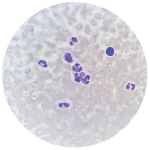As the 21st century unfolds, rheumatologists will most likely transition from prescribing lupus patients broad immunosuppressants to more targeted treatment approaches. But to make this happen and advance research, the challenges experienced in lupus clinical trial design must be addressed…




